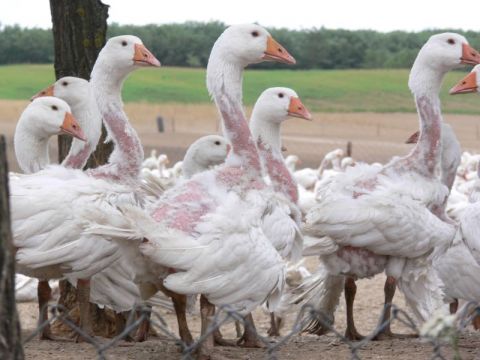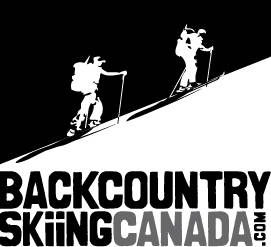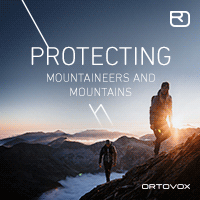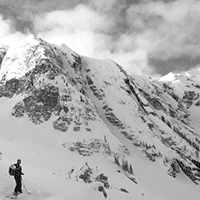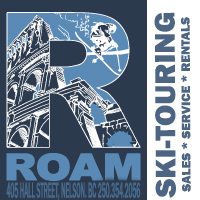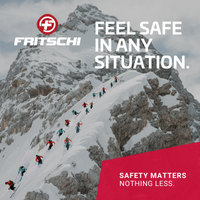The North Face Implementing Responsible Down Standard in 2014
Ever wonder where that down in your jacket or sleeping bag comes from? How it was harvested and how the animals were treated? Maybe its time to consider it?
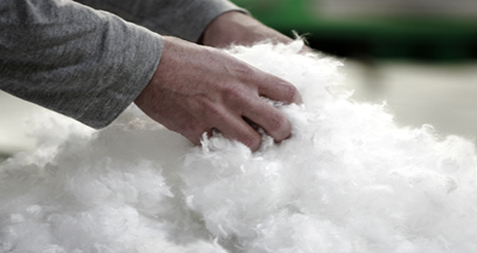
The North Face has created and begun beta testing a Responsible Down Standard that addresses animal welfare issues and traceability and will implement it across its global supply chain next year.
The company said that it partnered with Control Union Certifications (CUC) and Textile Exchange (TE) to evaluate animal welfare issues revolving around the global down supply chain. CUC is an accredited third-party certification body with expertise in auditing animal welfare and farming practices, while TE is a global nonprofit dedicated to sustainability with expertise in textile standard development and management.
The vast bulk of down used to make sleeping bags, parkas, boots, mittens and other outdoor products comes from feathers that are a byproduct of the commercial foie gras industry concentrated in Eastern Europe. Foie gras growers have been targeted by animal welfare advocates for decades for their practice of mechanically force feeding geese to enlarge their livers prior to harvest for pate. The practice became illegal in California in 2012 and was banned years ago by Turkey and several European jurisdictions.
“We’ve been very busy mapping out how to create a verified third-party auditing and certification process through the development of an animal welfare and traceability standard,” reads an entry on the company’s blog, TheNorthFaceJournal.com.
During the 2013 primary down harvesting seasons, teams inspected hatcheries, farms, slaughterhouses, collectors, pre-processors, processing facilities and garment manufacturers in Eastern Europe and Asia to evaluate the feasibility of implementing an animal welfare and traceability standard. The teams also interviewed experts and reviewed documentation practices at each of these locations to better understand their processes.
”We are pleased to report that, although challenging, it is possible for The North Face to create and implement an animal welfare and traceability standard that will drive change across the outdoor industry down supply chain,” the company wrote. “Our deep research helped us create a standard that can be applied across the global supply chain, complete with documentation and official third party audit and certification.”
The North Face is now conducting pre-pilot, test audits with a subset of its supply chain to make sure the audit process for its Responsible Down Standard is functional from end to end. After this pre-pilot, the company will share its standard with others including animal welfare groups, industry organizations, suppliers, retailers, manufacturers and local market experts for further review and input.
“We strongly believe in taking the time to consult a wide range of stakeholders to ensure we create a comprehensive standard that can be used across the industry,” reads the company’s blog. “We have also committed to addressing all feedback as we finalize the Responsible Down Standard.
The company expects to publish a final standard in 2014 and work with Control Union to conduct a full-scale application of the standard across its global down supply chain. This will include onsite audits at every level of the supply chain from hatchery through to garment manufacturing and will result in down that is formally certified and traceable against the requirements of the Responsible Down Standard.
“By driving positive change across the global supply chain, this standard will also benefit the industry at large,” reads the company’s blog. “We have confidence that the work we have done to date and our new certification requirements will have a long standing influence on the down industry, and we plan to make it public for everyone’s benefit. We remain committed to ensuring the ethical treatment of geese in our down supply chain, validating this commitment with a corresponding traceability program, achieving our 100% certified goal and publicly reporting our results.”
Something can be done to make things better and it's good to see The North Face take a lead in this area.
